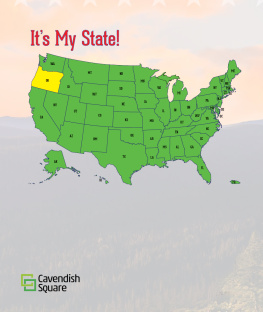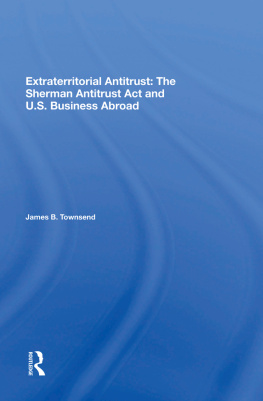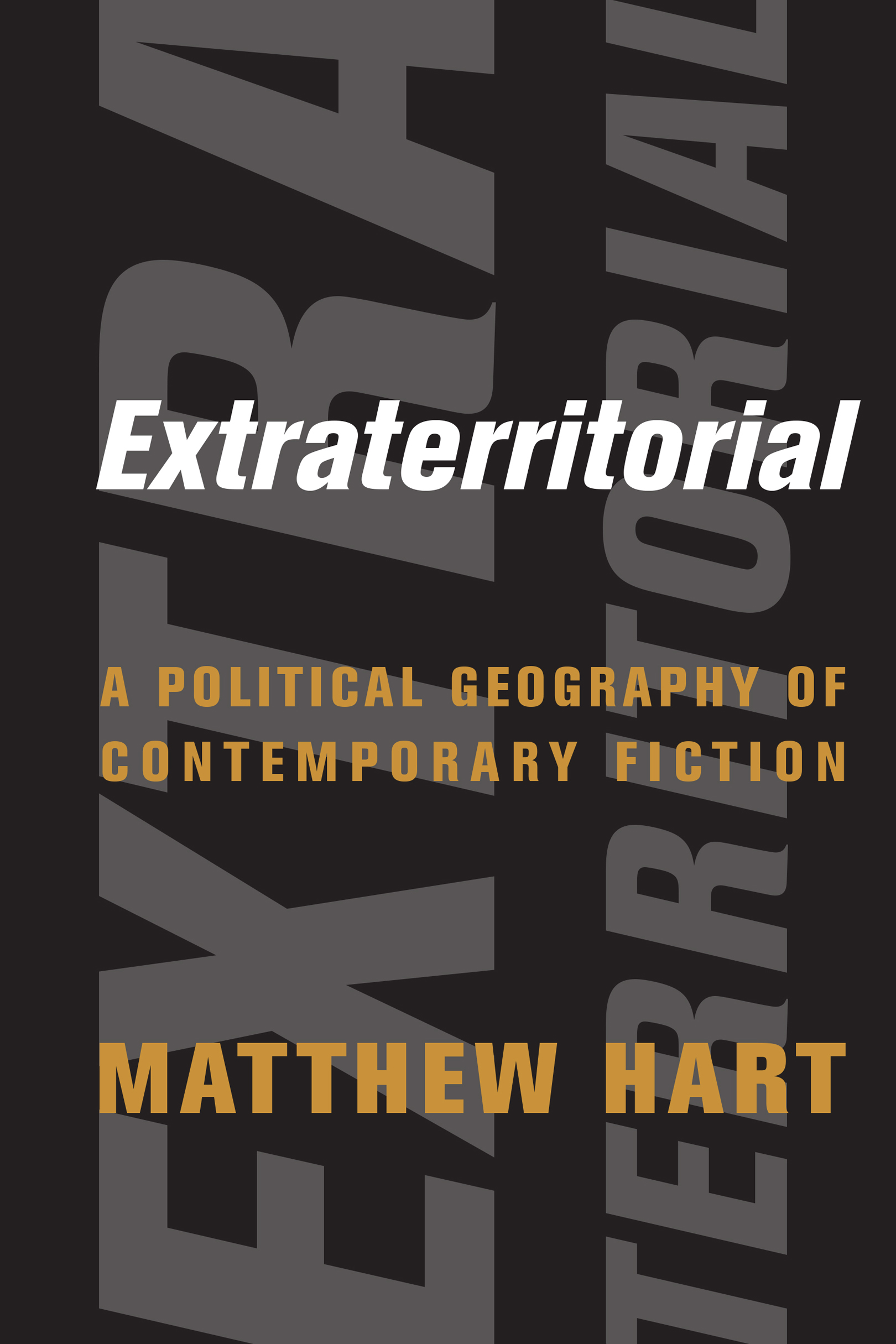Names: Hart, Matthew, 1974 author.
Title: Extraterritorial : a political geography of contemporary fiction / Matthew Hart.
Description: New York : Columbia University Press, 2020. | Includes bibliographical references and index.
Identifiers: LCCN 2019053214 (print) | LCCN 2019053215 (ebook) | ISBN 9780231188388 (hardback) | ISBN 9780231188395 (paperback) | ISBN 9780231547802 (ebook)
Subjects: LCSH: Fiction21st centuryHistory and criticismTheory, etc. | Political geography.
Classification: LCC PN3331 .H356 2020 (print) | LCC PN3331 (ebook) | DDC 809.3dc23
A Columbia University Press E-book.
CUP would be pleased to hear about your reading experience with this e-book at .
M y first and greatest debt, now and for two decades, is to the artist and poet Summer Jellison Hart. Summer didnt type a word of this manuscript, I promise, but not one bit of my work would be possible without the sustaining force of her love and partnership.
To our son, Connery, the bravest of all souls, who has traversed universes while Ive been writing this book: youre amazing. I love you. Thanks for teaching me every day the importance of changing and enduring.
I began thinking about extraterritoriality during my last year at the University of Illinois, Urbana-Champaign, when my former student, Dr. Tania Lown-Hecht, asked me to direct an independent study on the work of W. G. Sebald. That happy semester of reading and talking led, eventually, to our coauthored article, The Extraterritorial Poetics of W. G. Sebald, which was later published in Modern Fiction Studies. I owe a debt to Tania for those early conversations, without which this book might not have taken shape. My thanks, also, to Tania for permission to reuse some parts I wrote for our article in the conclusion to this book.
Extraterritorial was written at Columbia University, with the assistance of generous fellowship support from the Faculty of Arts and Sciences, Columbia College, and the Heyman Center for the Humanities. The costs of research trips to the United Kingdom were partially met by two Summer Research Grants from the Office of the Executive Vice President for Arts and Sciences, and by a Lenfest Junior Faculty Development Award. When, as I began writing this book, my wife and son were both struggling with health crises, Nicholas Dames secured me a compassionate course release that made it possible for me to care for my family, advise my grad students, and not give up research entirely.
My sincere appreciation to the many staff members of Columbias Department of English and Comparative Literature for all their labors on my behalf, especially to Pamela Rodman, who stands behind everything we do as a department.
Heres a thing I love about Columbia: my colleagues are unabashedly committed to sustaining a creative and self-critical intellectual community, devoted to the highest standards of interdisciplinary humanistic research. Over the years, I have received invaluable feedback, some of it even requested, from Jenny Davidson, Brent Hayes Edwards, Marianne Hirsch, Bruce Robbins, Joey Slaughter, Gayatri Chakravorty Spivak, and Gauri Viswanathan. This book is much better, I think, for their interventions.
Early research for was made much easier by auditing two doctoral classes offered in sister departments at Columbia: Professor Susan Pedersens course The Modern State in Theory and Practice and Professor Eugenia Leans Colloquium on Modern Chinese History. My sincere thanks to Susan and Eugenia for giving me the opportunity to learn from them and their students. All historical and theoretical errors and omissions are, naturally, my own.
Several parts of Extraterritorial debuted in Columbia University workshops and seminars. Thanks to Mark Mazower and Eileen Gillooly for inviting me to present an early draft of was revised with the help of generous feedback from the 201718 Heyman Center Fellows.
In the end, its impossible to enumerate all the ways Columbias scholarly community shaped this book at every stage of its development. So let me just note that this list leaves out my two most sustaining Columbia relationships: the intelligence and comradeship of my students, especially in my graduate seminars on contemporary literature and literary theory; and, supreme among colleagues, Sarah Cole. Im willing to bet that nobody reading this book has had a better mentor. Whatever hour Ive written or texted, whatever problem Ive asked her to help solve, whatever the argumentative cul-de-sac Ive driven myself toward, Sarah has been there for me, my work, and my family. She rocks.
Outside Columbia, Ive been fortunate to present parts of every chapter of this book in invited talks where my ideas have been tested and improved through conversations both pleasant and tough. For invitations, smart questions, and good company, my sincere thanks to Joseph Valente, University at Buffalo; Frances Ferguson, University of Chicago; Nico Israel, CUNY Graduate Center; Nancy Armstrong, Duke University; Douglas Mao, Johns Hopkins University; Benjamin Kohlmann, University of Hamburg; Miles Osgood, Harvard University; Jini Kim Watson and Peter Nicholls, New York University; Jonathan Eburne, Pennsylvania State University; Joseph Jeon, Pomona College; Sara Marcus, Princeton University; Rebecca L. Walkowitz, Rutgers University; Peter Simonsen, University of Southern Denmark; Mrinalini Chakravroty, University of Virginia; and Seo Hee Im, Yale University. My sincere thanks also to the many students whose questions and comments made those trips intellectually productive, as well as to the administrative staff members who booked tickets, cut checks, and tolerated my questions and procrastinations.
Finally, to my friends and colleagues distant and near, who together realize the truth that intellectual life happens in company. My endless gratitude to Jessica Hallock, a beloved friend with the sharpest editorial eye: nobody showed more appetite for actually reading drafts of this book and nobodys red pen was wielded to greater effect. My sincerest admiration to my Literature Now partners, David James and Rebecca L. Walkowitz, who embody all the best professional virtues. A huge toast to my collaborators on the ASAP Motherboard and MSA executive committee, who keep teaching me about leaving the world better than you found it. Likewise, to the junior faculty crew at Columbia, whose ranks Ive finally left but whose company I adore, especially Austin Graham, Dustin Stewart, and Dennis Tenen. To Cristobal Silva and Anahid Nersessian, who headed west along the way. To the poet K. B. Thors, vulgar machinist extraordinaire and the best long-distance writing partner a boy ever had. To the New York crewGloria Fisk, Kristin Meyer, and Jason Wattwhose company sustained me as this manuscript was belatedly coming together. And to my dispersed academic family, all of them dearly missed, who will deservedly drag me for leaving them out of this overlong list of abiding friendships and unpayable debts. I love you all.













